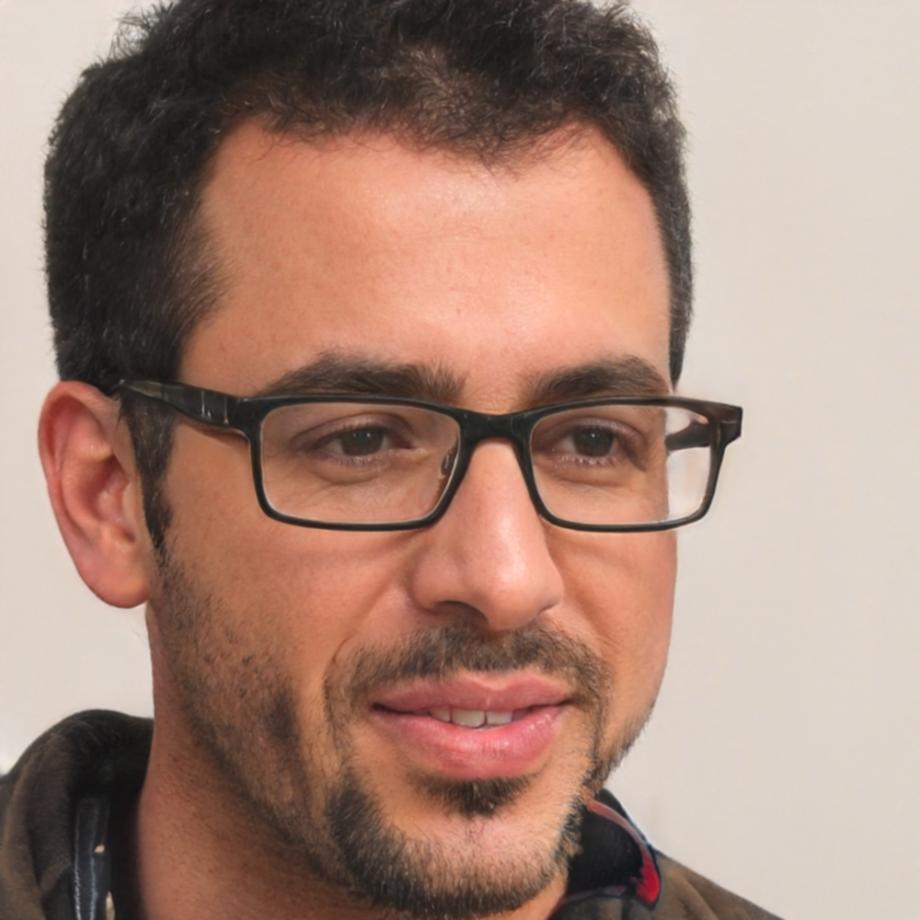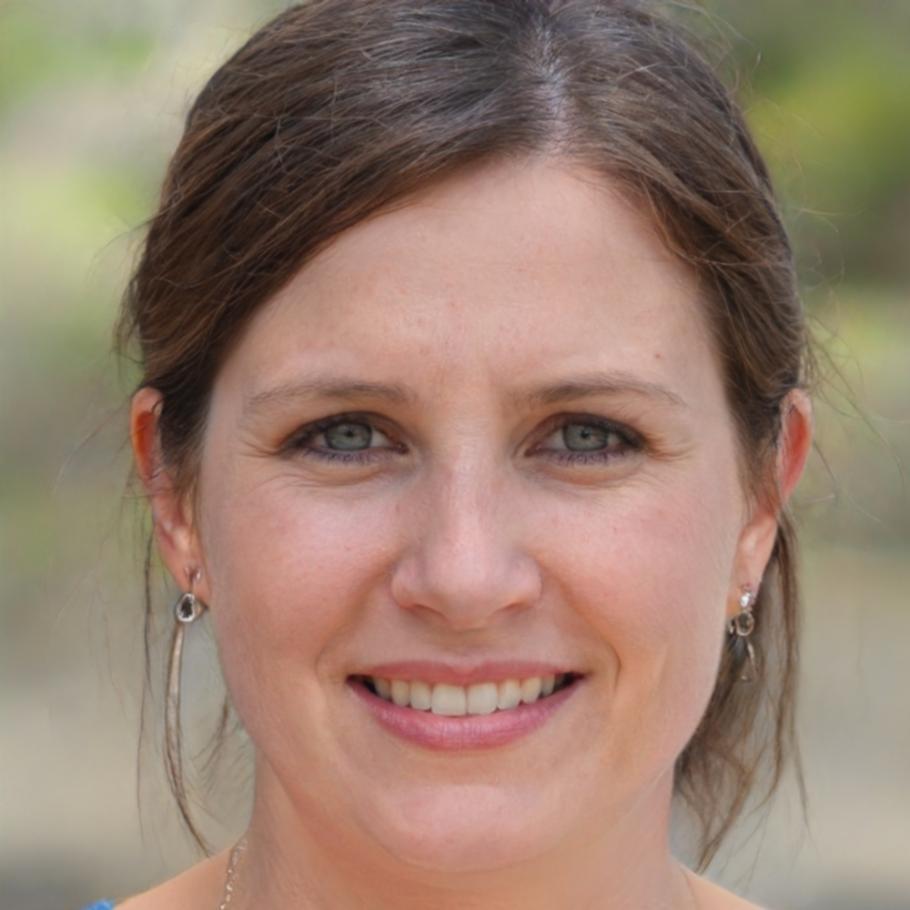Master Virtualization & Container Technologies
Build your expertise in Docker, Kubernetes, and modern infrastructure management through hands-on learning experiences designed for real-world applications.
Explore Learning ProgramsWhy Choose Our Approach
Practical Labs
Work with real infrastructure scenarios using industry-standard tools. Every concept gets tested in actual environments that mirror production systems.
Expert Guidance
Learn from professionals who've implemented these technologies at scale. Get insights that only come from years of troubleshooting and optimization experience.
Flexible Schedule
Designed around working professionals' needs. Access materials and labs whenever it fits your schedule, with support available throughout your learning journey.
Your Learning Path
Foundation Building
Start with virtualization fundamentals and basic container concepts. We cover the underlying principles that make these technologies powerful, setting you up for deeper understanding later.
Hands-On Practice
Dive into Docker containers, image creation, and registry management. You'll work through real scenarios that system administrators and developers face daily.
Advanced Orchestration
Master Kubernetes cluster management, service discovery, and scaling strategies. These skills are crucial for managing containerized applications in production environments.
Real-World Application
Complete a capstone project that demonstrates your ability to architect and deploy a complete containerized solution from scratch.
Common Questions
Meet Your Instructors

Ezekiel Rostam
Senior Infrastructure Architect
Spent the last eight years building container platforms for financial services companies. Ezekiel particularly enjoys troubleshooting complex networking issues and sharing the debugging techniques that actually work in practice.

Miriam Blackstone
DevOps Consultant
Former ops engineer who transitioned into consulting after automating herself out of several jobs. Miriam focuses on helping teams adopt containerization without the usual headaches that come with major infrastructure changes.
Choose Your Focus Area
Both paths include foundational concepts, but each emphasizes different practical applications
Infrastructure Track
Perfect for system administrators and infrastructure engineers who need to modernize existing systems. Covers migration strategies, monitoring, and maintaining hybrid environments.
12 weeks • September 2025 start
Development Track
Designed for developers who want to containerize applications effectively. Focus on CI/CD pipelines, microservices architecture, and development workflow optimization.
10 weeks • October 2025 start
Ready to Get Started?
Join professionals from across Malaysia who are already building more efficient, scalable systems with modern container technologies.